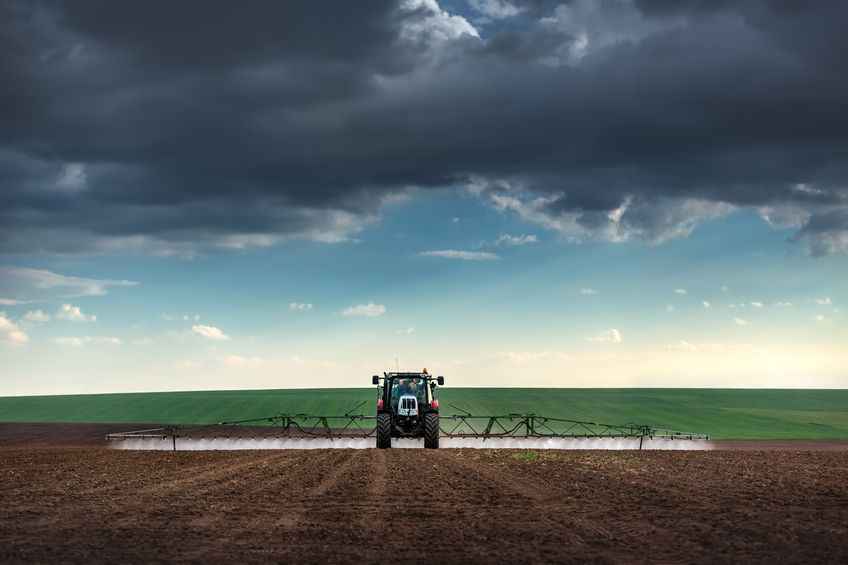Major agricultural countries fear EU glyphosate ban could harm exports

Major agricultural countries across the world are becoming worried at the prospect of an EU ban on the popular herbicide glyphosate.
Major agricultural countries such as Australia, Brazil, New Zealand, Canada and Argentina are trying to get answers out of the EU over the fate of the world's most common weedkiller.
If glyphosate ends up being banned in the EU, countries around the world that produce food with it may find their exports restricted.
A 2005 EU regulation shows that such action against imports would be simple. A ban on glyphosate would trigger the EU to revise down the permissible "tolerance" level of it in food imports.
Adrián Serra, head of the trade section at the Mission of Argentina to the European Union, said Argentina is: “Following the development of the renewal for the authorization of glyphosate very closely, and is also taking some steps within its reach that could serve to ensure that the right decision is made.”
Argentine Agriculture Minister Ricardo Buryaile explained that the country's soybean exports could be impacted, in a letter to the EU's Agricultural Minister Phil Hogan.
The South American agricultural powerhouse has also previously told an EU committee back in March that there were “concerns regarding the immediate impact on trade of agricultural products if the authorization [for glyphosate] was not further renewed.”
If a glyphosate ban is triggered because of concerns it affects human health, the EU must inform the World Trade Organisation (WTO) it is reducing its maximum residue levels for glyphosate to 0.01 milligrams per kilogram.
Indeed, this would affect Brazil's exports for soy, which currently stands at allowing 20 milligrams per kilogram.
Major agricultural powerhouses worry that the EU could even implement an outright ban on imports which contain glyphosate.
Five year extension
The European Commission has now proposed extending the licence for glyphosate by five years after its initial plan for a 10-year approval did not pass.
An initial round of votes on whether to renew glyphosate, the active agent of Monsanto’s weed killer Roundup, began on 25 October.
But Member States failed to agree on a licence extension, delaying a decision that needs to be taken before the end of the year on the widely used herbicide.
The Commission said in a statement that it had now submitted to EU countries its proposal for a five-year approval, with a vote now expected at the next sitting of the relevant committee on November 9.
The National Farmers' Union (NFU) said it was also "disappointed" that no agreement had been reached over the reauthorisation.
Guy Smith, NFU Vice President, said: “The overwhelming weight of science and evidence shows that glyphosate is perfectly safe when used correctly.
“This has been the conclusion reached by regulatory bodies around the world, including the EU’s two leading regulatory bodies – the European Food Safety Authority (EFSA) and the European Chemicals Agency (ECHA).
“The continued politicisation of this decision damages the credibility of the EU’s regulatory bodies and undermines the regulatory process. It also has huge implications for farming in the UK and across Europe.”








